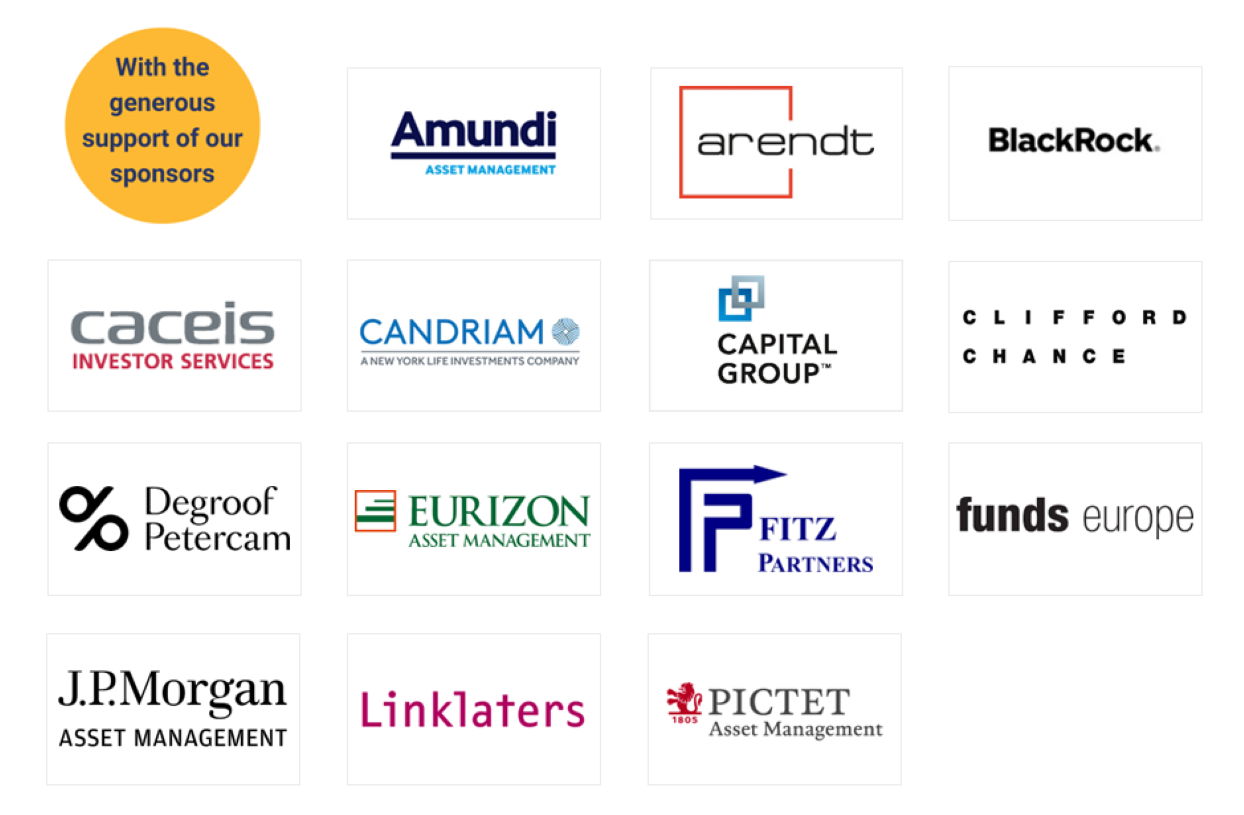Asset Management in Europe
EFAMA's 17th edition of its ‘Asset Management in Europe’ report provides an in-depth analysis of recent trends in the European asset management industry.
Data on many different facets of the industry are covered, including:
- Total assets under management in Europe, covering investment funds and discretionary mandates
- The role of asset managers in Society and the Economy, including serving investors' needs and engaging with investee companies.
- Industry clients: at both European and country levels, including domestic and foreign clients.
- Asset allocation in Europe of investment funds and mandates, including ESG assets
- Industry organisation, such as market concentration, industry profitability and employment




























































